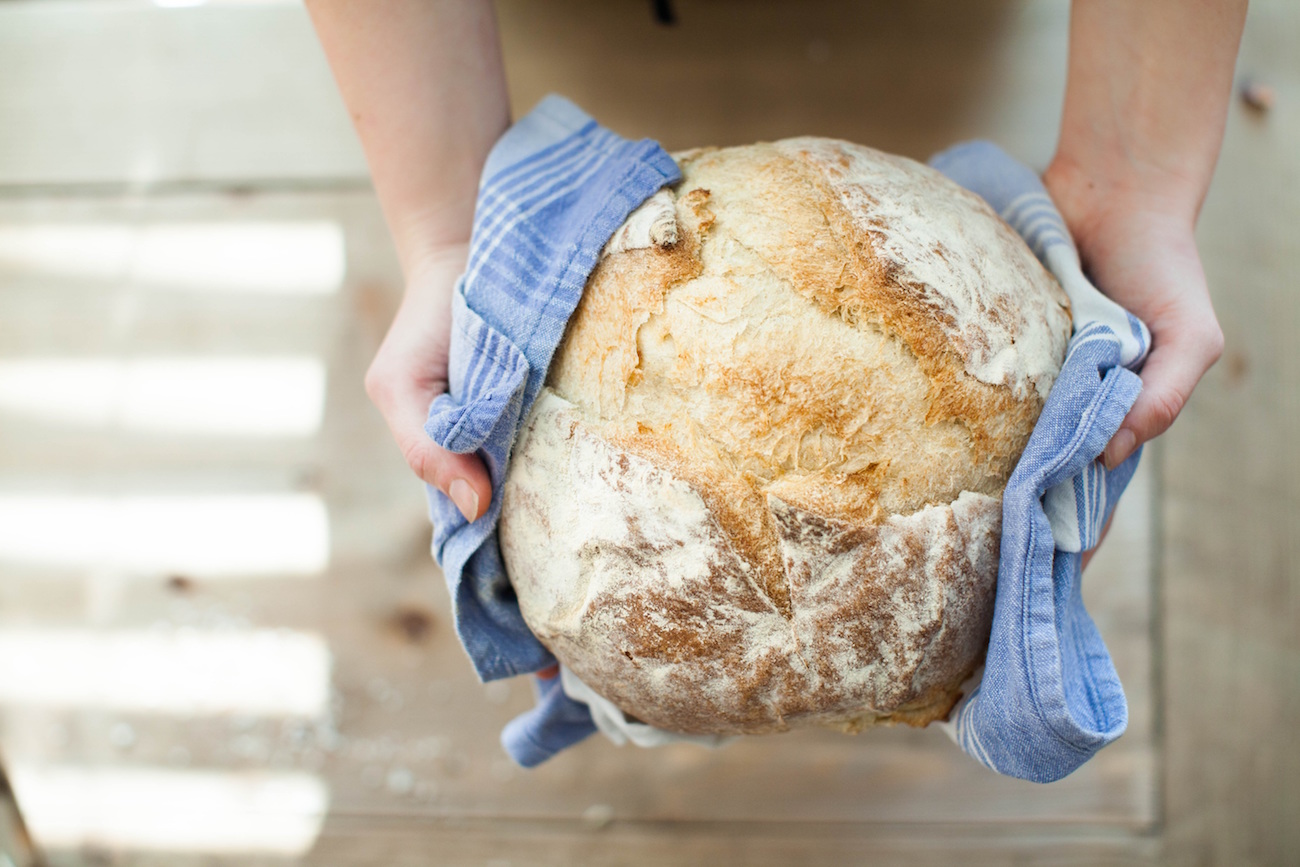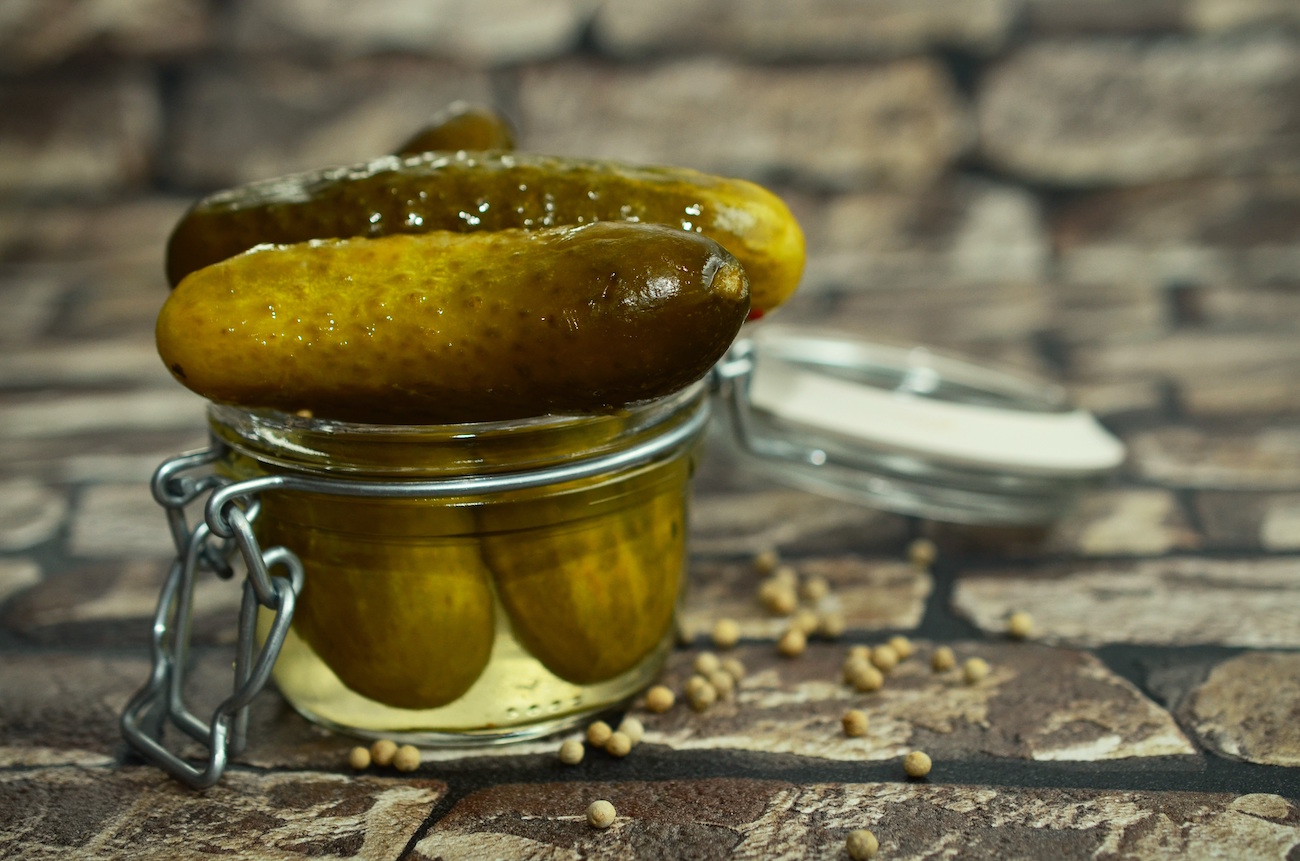The Art of Fermentation
fer·men·ta·tion
ˌfərmənˈtāSH(ə)n/
noun
noun: fermentation
1 the chemical breakdown of a substance by bacteria, yeasts, or other microorganisms, typically involving effervescence and the giving off of heat.
2 the process of fermentation involved in the making of beer, wine, and liquor, in which sugars are converted to ethyl alcohol.
When I tear into a freshly baked roll and chase it down with a local craft beer, fermentation is about the last thing I’m thinking about. And still, without it, so much of what we eat, and how we eat, is simply not possible. For thousands of years, humans have used fermentation to make everything from beer and wine, to breads, cheeses, yogurts and sour foods often found in pickling.
In San Diego, fermentation has become a launching pad for innovation with new restaurants and products seemingly sprouting every month. According to Catt Fields White, founder of the Little Italy Farmer’s Market in San Diego, fermentation is on the rise: “Fermentation is an ancient art, and today in San Diego it’s also a hot trend,” said White. “While the city is a well known hotbed of craft beer brewing, we’re also seeing new cider, mead and kombucha brands popping up almost monthly, many celebrating the local terroir in their choice of fruit, honey and other ingredients. Artisan kimchis and innovative fermented products like coconut yogurt are reminding us that fermentation is more than beer, pickles and sourdough bread.”
In his new restaurant, Born & Raised, enzymes play a critical role in the dishes served by Chef Jason McLeod. Known for the dry-aged beef that lovingly and carefully hangs in climate controlled conditions for 100+ days, McLeod says it’s the process of fermentation that ultimately brings out the much sought after umami qualities.
“As beef dry-ages enzymes that are naturally present in the meat begin to break down muscle tissue,” adds McLeod. “The meat starts to lose water and shrinks, concentrating flavors and improving the overall texture and flavor. Without enzymatic fermentation we could not achieve the level of taste only found through dry-aging.”
It is no surprise then that a new documentary on the topic of Fermentation has made its way to the screens. In his new film, Fermented, Director Jonathan Cianfrani and Zero Point Zero Productions explore the world of fermentation. In the film, which stars celebrated Chef Edward Lee, viewers go around the world to hear from the masters on fermented foods like bread, cheese and salami.
Best known for his work on Mind of a Chef, Cianfani strives to answer the question, “ What is fermentation?”
“There is a universality to fermentation,” said Cianfrani. “It is a process found in every culture around the world, and it has existed since the dawn of humanity. We wanted to celebrate this history by examining the techniques and flavor that allow fermentation to happen.
Originally sketched on cocktail napkins the idea for the film originated with Chef Edward Lee, who teamed up with Cianfani after working together on Mind of a Chef.
“I hope people watch the film and are inspired to start fermenting on their own. Also, we hope the film demystifies fermentation and shows that you can create great flavors without much work at all.”
_____
Fermented Food – Ross Gardner, Rice University






